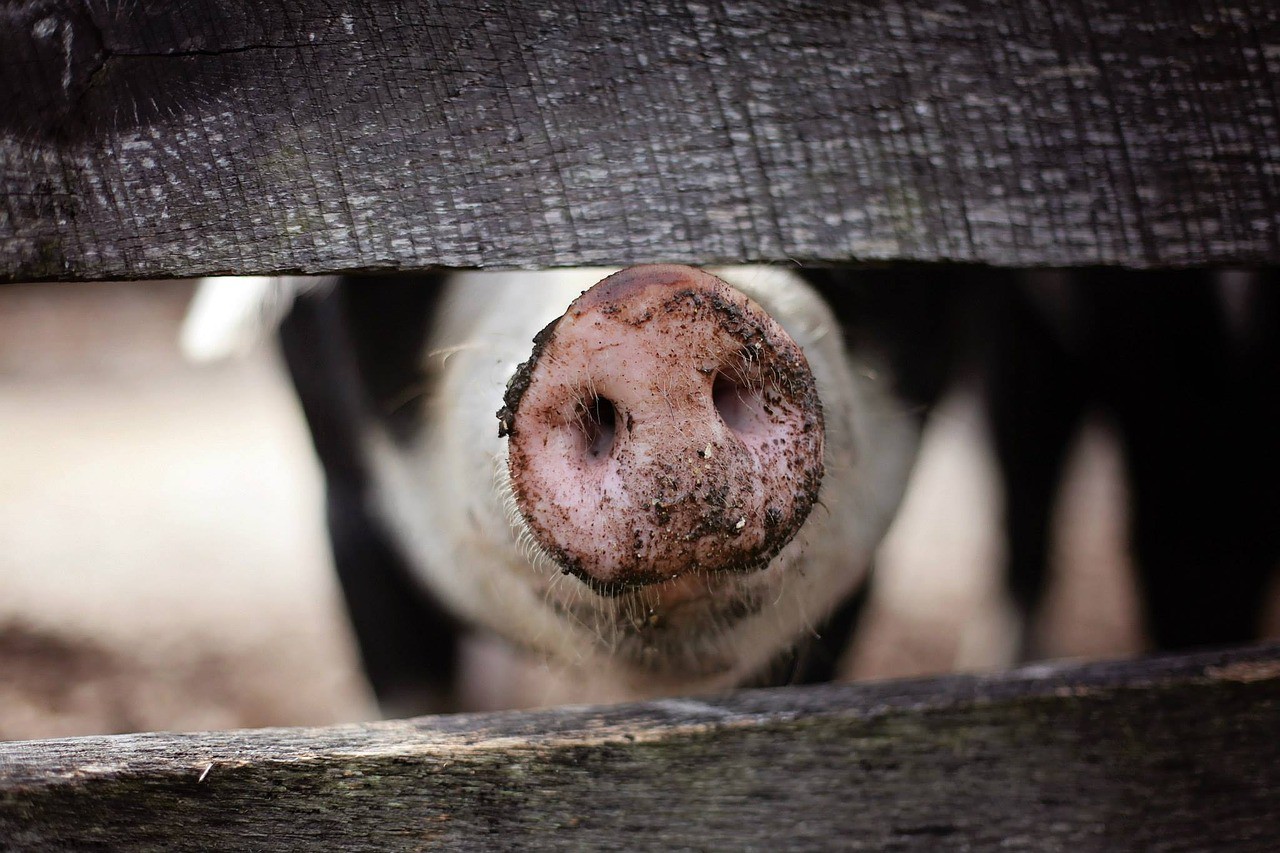Various concerns with regards to xenotransplantation – utilization of organs “donated” from animals to be used for human transplants – include that there are risks, not only to the patient, but also to the public in general.
Further, there are issues of bioethics surrounding the usage of animals as a way of advancing ourselves.
From one perspective, xenotransplantation can be seen as a remedy for saving lives. Oftentimes, there are shortages of organs for human transplants.
But, then, there are ethical concerns – the donors are, obviously, involuntary.
What’s more, there’s a potential risk that humans may pick up far more animal-borne diseases than we currently do.
First, let’s look at the advantages of xenotransplantation. Afterwards, we’ll focus on the disadvantages of xenotransplantation.
Advantages of Xenotransplantation
1 Organ source increase
Organ transplant in humans often takes a lot of time because going through with the procedures involved is fully dependent on available organs.
To remedy this scenario, take pigs, for example.
Pigs, as a source of organs, are more than readily available.
What’s more, pigs have been widely used in prior xenotransplantation experiments.
On the other hand, relying on primates for organ “donation” carries more risk.
Primates are closely related to humans. As such, it’s more likely that using primates for organ donation purposes will introduce a newly infectious agent.
Pigs, however, don’t carry nearly the same risk as do primates.
2 Saving human lives
No less than 20-35 percent of patients that seek organs for transplants perish due to a shortage of donor sources.
For obvious reasons, a more readily available donor source is in desperate need.
3 Asset to developmental biology
Over the decades, human health has improved due to advancements in developmental biology.
The provision of appropriate “tools” for research purposes will help in the continuation of advancements in this field.
Disadvantages of Xenotransplantation
1 Zero success to date
Based on a variety of problems related to patient immune system response, to date, there have been no successful xenotransplantation procedures.
In comparison to transplants that involve human to human, the response of xenotransplantation has been far more extreme. Eventually, in every case, there’s an eventual rejection of the xenograft.
2 Xenotransplantation could introduce brand-new infections
Because primates are closely related to humans in terms of DNA makeup, there are grave concerns over using them as organ donors.
A similar DNA makeup means that there are various disadvantages to donorship of organs. The main one being disease transmission.
While animal-to-human infection is uncommon, it has occurred previously.
A couple of examples: HIV in humans was caused by monkeys; Avian flu is transmitted from bird to human.
3 Concerns over ethics
Ever since the first xenotransplantation procedure was attempted way back in 1838 (the first human-to-human transplant was not attempted until 1905), there has been opposition.
At a far later date, animal rights groups have been vociferously against the harvesting of organs from animals for human use.
Further, Islamic and Jewish faiths prohibit the use of pigs in such a manner.
